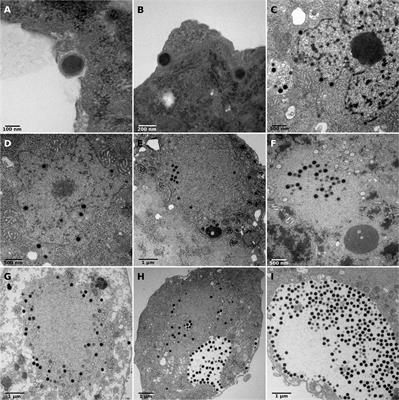ORIGINAL RESEARCH
Published on 21 Sep 2021
Morphological and Genomic Features of the New Klosneuvirinae Isolate Fadolivirus IHUMI-VV54

doi 10.3389/fmicb.2021.719703
- 2,884 views
- 12 citations
14k
Total downloads
55k
Total views and downloads
ORIGINAL RESEARCH
Published on 21 Sep 2021

ORIGINAL RESEARCH
Published on 10 Aug 2021

ORIGINAL RESEARCH
Published on 16 Jul 2021

ORIGINAL RESEARCH
Published on 09 Jul 2021

REVIEW
Published on 22 Jun 2021

ORIGINAL RESEARCH
Published on 07 Jun 2021

REVIEW
Published on 02 Jun 2021

ORIGINAL RESEARCH
Published on 01 Jun 2021

ORIGINAL RESEARCH
Published on 03 May 2021

REVIEW
Published on 14 Apr 2021

ORIGINAL RESEARCH
Published on 08 Apr 2021

ORIGINAL RESEARCH
Published on 15 Mar 2021
